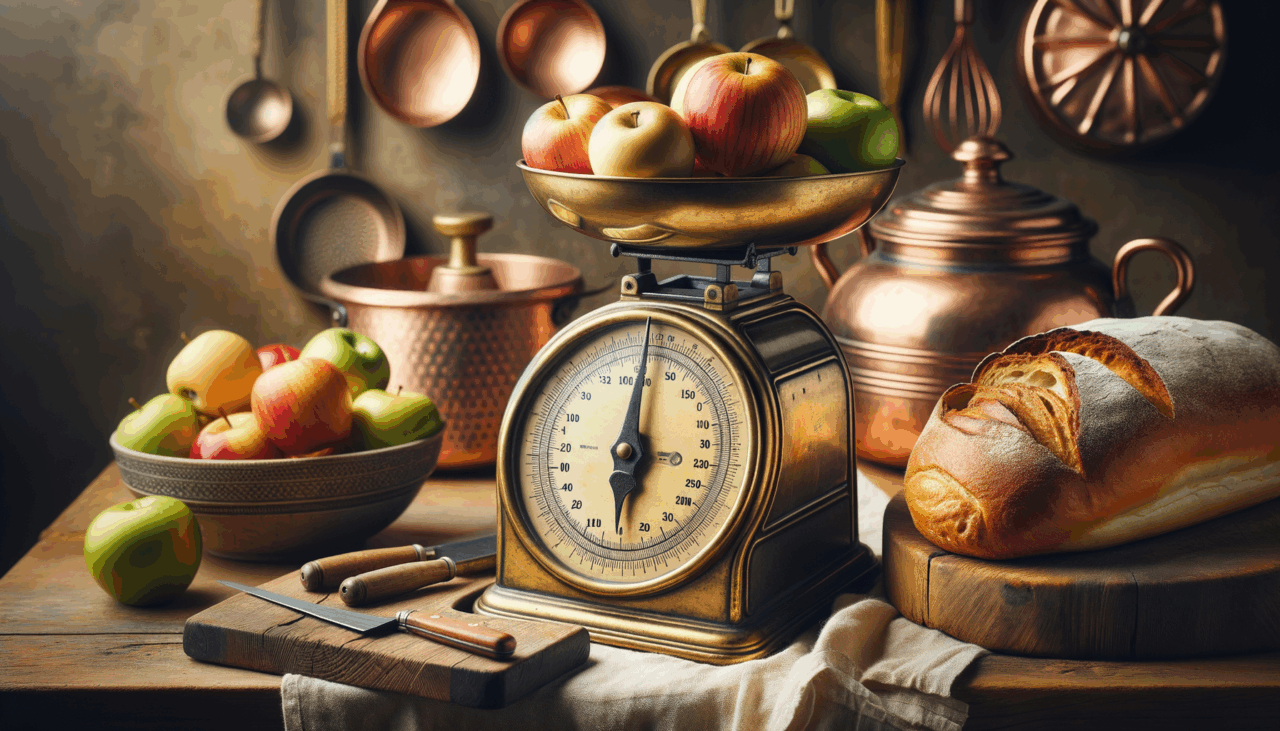Ah, the kitchen scale—a tool that sits quietly in the corner of our kitchen countertops, perhaps beside the bread maker that was gifted to you by Aunt Edna. While it may not be the star of a culinary show, it plays a crucial supporting role in the precision orchestra of cooking and baking. But have you ever paused, mid-recipe, and wondered, “How much does this trusty device weigh?” Well, dear reader, let me weigh in on that.
Interesting Fact: Did you know that the invention of the kitchen scale has roots that stretch back to ancient Egypt? While they weren’t measuring flour for sourdough starters, Egyptians used rudimentary scales to weigh goods for trade. Fast forward to the 21st century, and we have digital scales that can measure down to the gram—something our ancient counterparts would surely envy.
The Answer: On average, a standard kitchen scale weighs between 1 to 2 pounds (roughly 450 to 900 grams). This makes it light enough to easily move around the kitchen, yet sturdy enough to handle those hefty measurements of flour for your next baking marathon.
A Brief History and Importance: The evolution of the kitchen scale is much like the journey of a beloved 80s sitcom—starting with humble beginnings and growing into something essential and timeless. Early scales were often bulky and mechanical, reminiscent of those clunky calculators from high school math class. As technology progressed, kitchen scales became more refined, integrating digital displays and sleek designs, much like the transition from rotary phones to the flip phones of the 90s.
Why is it important to know the weight of a kitchen scale? Well, for starters, if you’re venturing into the realms of precise culinary arts or dieting, portability is key. Imagine trying to weigh ingredients with a scale heavier than your cast iron skillet—it’s just not practical! Furthermore, understanding its weight can help you determine the scale’s stability and durability, much like judging the reliability of your favorite 70s muscle car.
In the grand scheme of culinary tools, the kitchen scale may not have the flashiness of a food processor or the allure of a vintage stand mixer, but its role is undeniably crucial. Remember, in the world of cooking, precision is king, and the humble kitchen scale is the unsung hero of accuracy. So, next time you reach for that scale, give it a nod of appreciation for its light yet substantial contribution to your kitchen endeavors.

Comments (0)
There are no comments here yet, you can be the first!